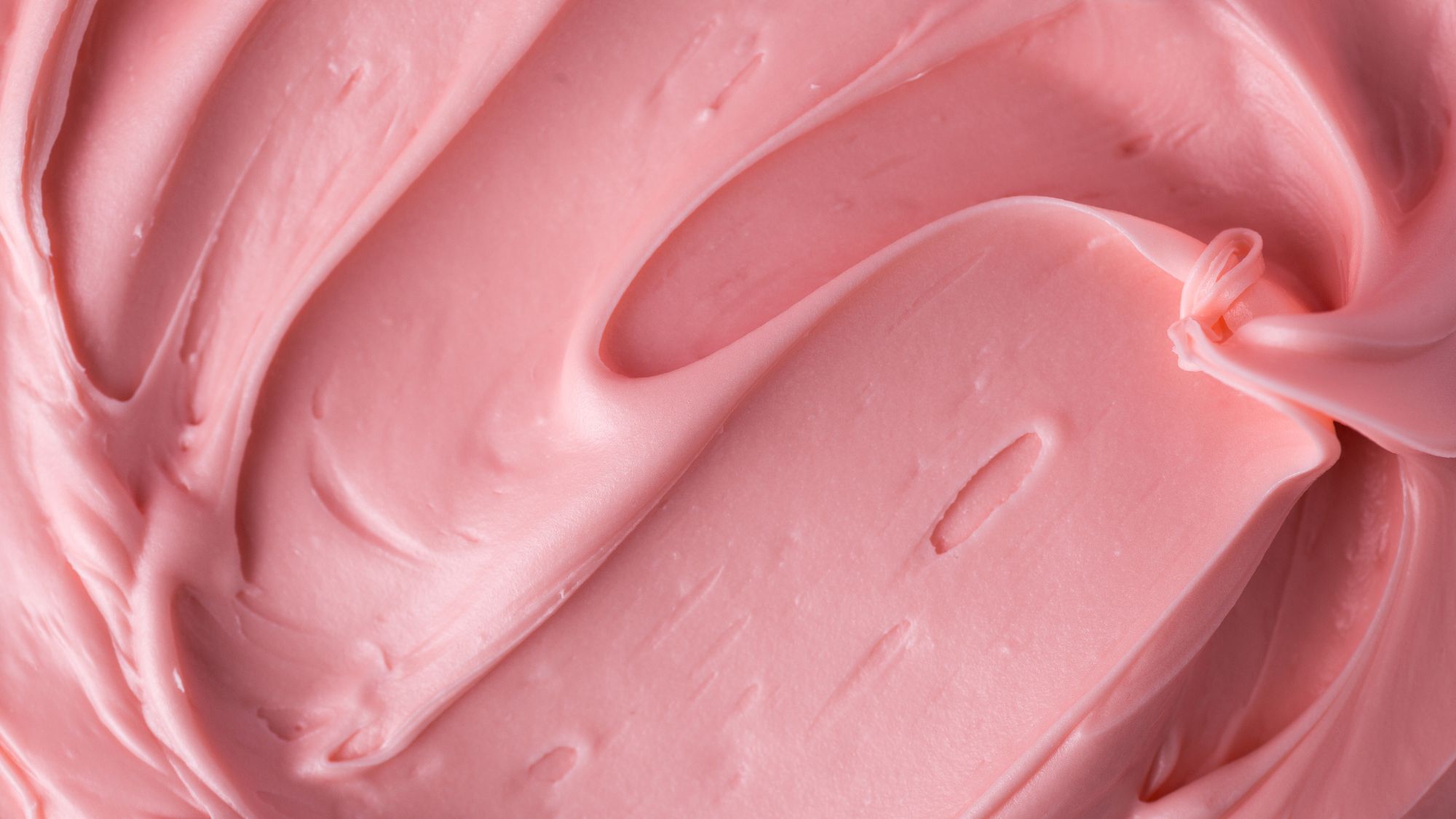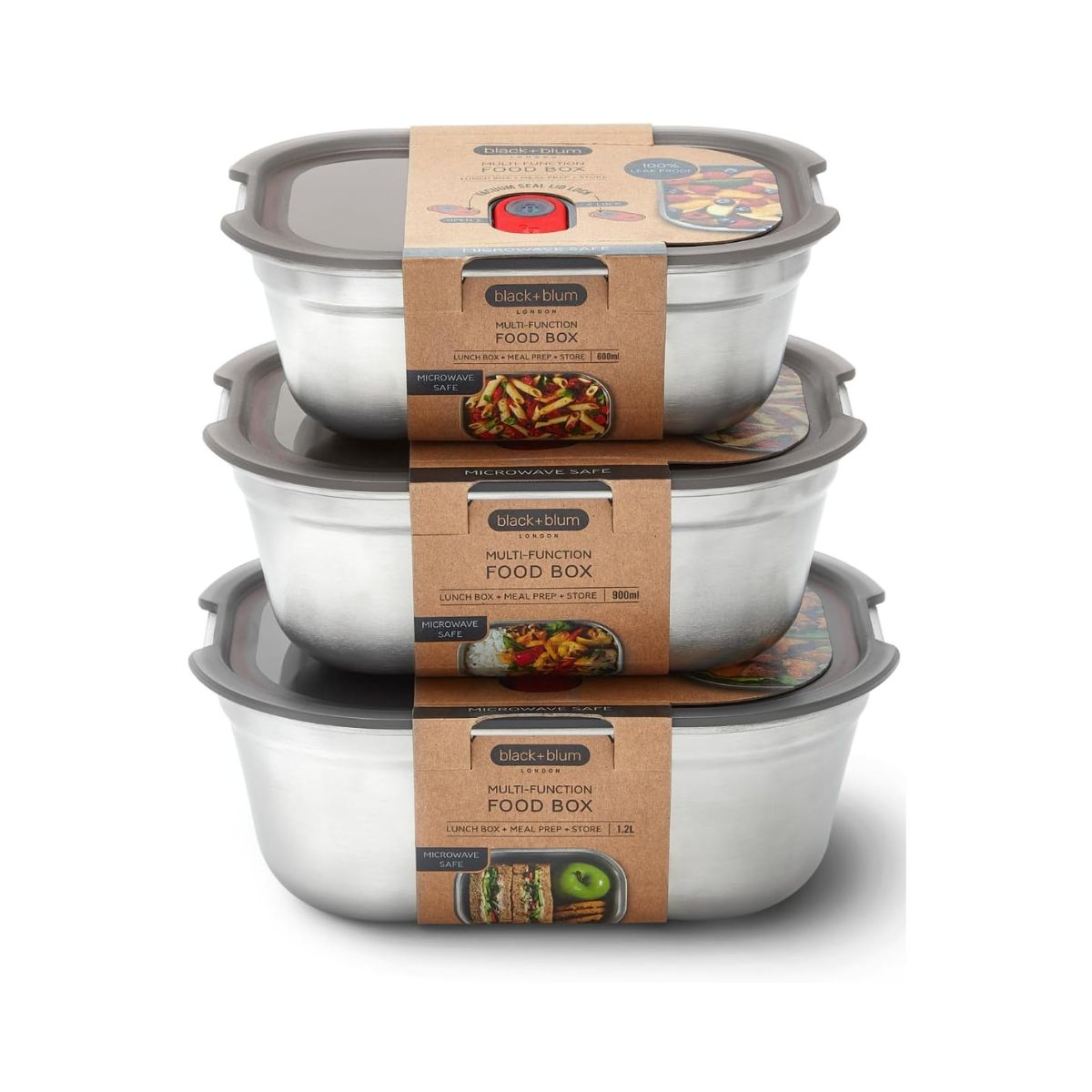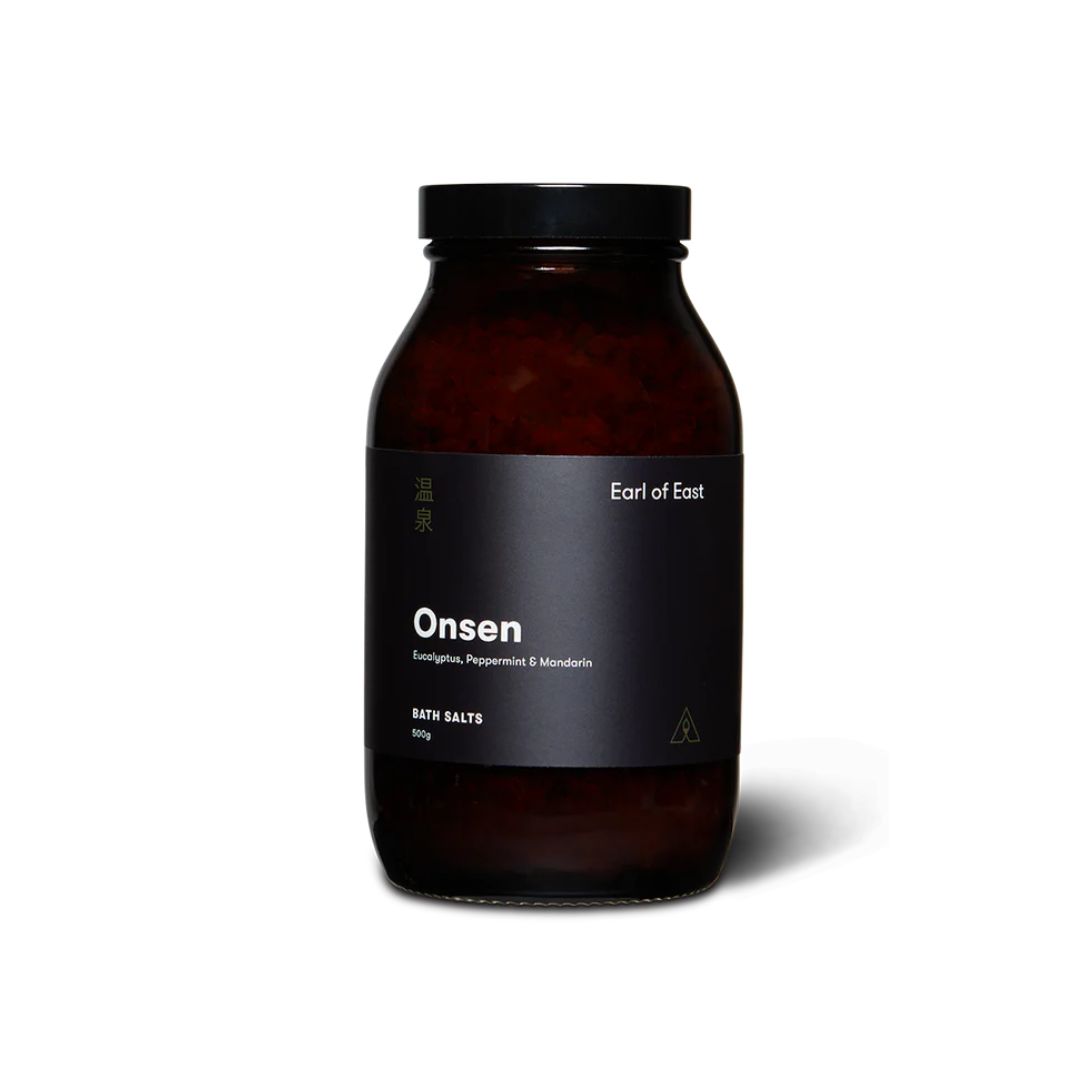Always Hungry or Noticing Energy Crashes? You Might Be Eating Too Much Hidden Sugar - 7 Tell-Tale Signs
Sugar can definitely be enjoyed as part of a balanced diet - but consume too much, and there are some clear health implications.


Celebrity news, beauty, fashion advice, and fascinating features, delivered straight to your inbox!
You are now subscribed
Your newsletter sign-up was successful
It’s fair to say that sugar has received a bad rep over the years. If it's not personal trainer Joe Wicks waging a war against ultra-processed foods (which are typically high in sugar) via his new show Licensed to Kill, it's large-scale studies (like this 2024 one) highlighting how drinking sweetened beverages raises your risk of stroke, heart failure, and atrial fibrillation. But how much of the sweet stuff is too much? And what are the signs you could be eating too much sugar?
“Sugar isn’t inherently harmful,” confirms Charlotte Winter, a nutritionist and biochemist known as The Nutritionist Biochemist. “But too much of it, especially in the form of free sugars (think syrups, fruit juices, smoothies), can quietly wreak havoc on your health,” the expert adds. “Over time, excessive sugar intake has been linked to fat gain, insulin resistance, increased risk of type 2 diabetes and heart disease,” Winter adds. “But what’s striking is that even people with a ‘normal’ body weight aren’t off the hook," Winter continues. "Studies show that frequent consumption of excess sugar can lead to metabolic dysfunction, regardless of your size. It’s not just about calories - it’s about how sugar affects your body’s biochemistry.”
According to the UK’s Scientific Advisory Committee on Nutrition, free sugars should constitute no more than 5% of total daily energy intake, with current NHS guidelines stating that adults should have no more than 30 grams of free sugar a day (that’s about seven sugar cubes). But, while most of us are clued up on the naturally occurring sugar that’s found in milk, fruit and vegetables, it’s the "hidden" sugars which make their way into biscuits, flavoured yoghurts, breakfast cereals and fizzy drinks, we need to be wary of.
Of course, cutting out food groups can be hugely harmful. Which is why many experts suggest taking a 80/20 approach when it comes to our health and wellbeing. But as a forever-growing bank of research has found, when devoured in excess, too many spoonfuls of sugar have the power to impact many aspects of your wellbeing - from rapid fat gain to dental decay. So, to find out if you're eating too much sugar, we turned to dieticians, doctors and nutritionists to get their expert-led take.
Keen to read more nutrition content? Don't miss our guides to the benefits of mindful eating and intuitive eating, or try out Em The Nutritionist's recipes that promise to make healthy eating simple. In need of some more recipes to add to your weekly breakfast, lunch and dinner rota? Discover the expert-approved healthy breakfast ideas, healthy snack ideas and healthy smoothie recipes we can't get enough of.
Constantly wired and then tired? 7 tell-tale signs you could be eating too much sugar
1. Constantly craving snacks
We’ve all been there: 3 pm hits and the mid-afternoon slump is in full swing. What do you do? Reach for a snack, of course. But, according to Winter, constantly craving a snack or two could be a sign that you are eating too much sugar.
“Your body is pretty good at sending signals when sugar intake starts tipping into excess,” Winter explains. “It’s not just about calories or weight gain; it’s about how sugar affects your metabolism, hormones, and even your skin’s collagen. If you’re feeling sluggish, breaking out more than usual, or constantly craving snacks, your body might be signalling that it’s time to dial back the sweetness," the expert notes.
Celebrity news, beauty, fashion advice, and fascinating features, delivered straight to your inbox!
2. Rapid weight gain
It’s no secret that overeating and moving too little can result in fat gain. But did you know that a rapid increase in your body weight over a short period of time has also been linked to consuming too much sugar?
“Rapid weight gain, often in the abdomen or visceral fat, [can happen] as excessive sugar - especially fructose - leads to fat accumulation,” Dr Kunal Patel of KP GP Services says.
3. Fluctuating energy levels
One minute you're tired, the next your body (and brain) feels like it’s on a high, then, before you know it, you’re energy levels have crashed again.
Dr Patel says that feeling persistently tired, experiencing a burst of energy (a sugar rush) followed by fatigue or sluggishness, is an indicative sign that you’re eating too much sugar.
4. Mood swings
Have you ever experienced a rapid and dramatic shift in emotions? “This could include irritability, increased anxiety, or depressive symptoms," Dr Patel explains. And in some cases, the expert says that these can be "often triggered" by blood sugar fluctuations.
In fact, according to one article published in BMC Psychiatry, researchers found that a 100 g/day increase in dietary sugar intake correlated with a 28% higher prevalence of depression.
5. Worsening skin conditions
It’s not just environmental exposures like sunlight, pollution, or unhealthy lifestyle habits such as smoking and excessive alcohol consumption that can cause skin issues.
As this research paper states, which was published in the JAMA Dermatology journal, consumption of milk, sugary beverages, and fatty and sugary products "appears to be associated" with acne.
Explaining why, Dr Patel says: "Sugar boosts inflammation and can worsen breakouts [causing] acne or worsening skin conditions."
That said, there are a whole host of factors that can cause skin issues, and it's vital that you consult with a dermatologist or medical professional to get to the root cause if you're experiencing any issues.
6. Problems with your teeth
This tell-tale sign makes sense, considering our mouth is the gateway to the digestive tract. And the more sugar you consume, the more problems with your teeth you might notice.
Dr Patel says dental problems like cavities or tooth decay can occur if you have a high-sugar diet because "sugar feeds harmful mouth bacteria".
And because teeth, unlike skin, do not shed, unwanted bacteria then build up on the surface.
According to one research article, the first step is to limit the amount of sugar you are consuming, as researchers found that "dietary sugars should make up no more than 3% of total daily energy intake to reduce the financial and social burdens of tooth decay".
But you could also try flossing daily, brushing your teeth thoroughly and making sure you go for regular check-ups to spot any gum disease or tooth decay early.
7. A decline in general health
"If a person's diet is very high in sugar, I tend to find that those high sugar foods are 'crowding out' the more nutritious foods," explains consultant gastroenterology dietitian Kirsten Jackson, who's the founder of The IBS Dietitian.
Jackson says that in some cases, this can lead to different elements of "malnutrition" which could affect a person's general health. "For example, we are seeing cases of scurvy now in children," the dietitian says. "Not because they consume sugar, but because their diets do not contain enough vitamin C, as they are mostly eating high sugar/fat/highly processed foods.
"So it is never about one ingredient, but the overall picture," the expert explains. "If two people were to consume double the upper recommended limit of sugar each day, it would impact them differently depending on their other health conditions, exercise levels and what else they eat."
@doctor.nique If you said yes to 2 or more, it’s time to check that sugar habit. Cl1ck the L1nk in my b!o to s1gn up for my insulin reversal waitlist
♬ original sound - MYREEK
4 swaps our experts recommend
1. Fruit
If you're wondering what the best sugar swap would be, Jackson says fruit would be the best alternative because, while it contains sugar, the sugar is locked inside the cells of the fruit. “This means the body has to work to get to the sugar and so it goes into the body very slowly, avoiding energy dips," Jackson adds.
2. Nut butters, nuts, and seeds
“Swapping out sugary snacks doesn’t mean giving up great taste,” Winter says. "It means choosing smarter options that satisfy both your palate and your metabolism," the expert adds. Instead, Winter says that the key is picking snacks that help stabilise blood sugar and keep you feeling full for longer.
"Think creamy nut butters, crunchy seeds, and fibre-packed fruits—delicious, satisfying, and designed to work with your body, not against it," she says. We love peanut butter that's made from 100% peanuts.
3. Popcorn
Opt for popcorn products that contain minimal ingredients, such as the popcorn itself, extra-virgin coconut oil and Himalayan salt. Then you've got yourself a simple and delicious snack that's not high in sugar.
4. Dark chocolate
Senior Health Editor Ally Head's desert go-to? Dark chocolate with a cup of organic Yogi Tea Choco tea. Dark chocolate generally contains less sugar than milk chocolate because of a higher cocoa content, which in turn equals less added sugar. Opt for 70%+ and organic varieties, as the higher the cacao content, the higher the levels of healthy antioxidants
Shop MC UK approved products now:
How do I start eating less sugar?
According to Dr Patel, your best bet is to focus on "proven" lifestyle and dietary steps rather than reaching for detoxes or quick fixes.
That's because: “The body naturally manages sugar via the liver, pancreas, and insulin response," Dr Patel explains. "But the following methods support a faster and healthier reset after overconsumption,” the doctor adds.
The expert says you could try drinking plenty of water, increasing physical activity, cutting out added sugars and refined carbs and adding fibre-rich foods into your diet. Dr Patel also recommends balancing meals with protein and healthy fats and managing stress, and getting enough sleep.
Know this, though: “No special drink, supplement, or miracle product actually flushes out sugar instantly," they warn. "The most effective approach is a gradual and consistent lifestyle change. Proper hydration, exercise, and nutrition will help the body naturally regulate and eliminate excess sugar.”

Rebecca, or Becks, is a freelance journalist with more than ten years of experience in the industry. She specialises in all things health and lifestyle and has written for a number of brands including Women's Health, Stylist, the Evening Standard, Good Housekeeping, The Telegraph, Live Science, Tom's Guide and Fit&Well. Becks also writes copy for a number of brands and small businesses.
When she's not weight training, tracking down the best gym leggings, reading a book or at her desk typing away, you'll find her in the kitchen perfecting a new recipe or bake.


